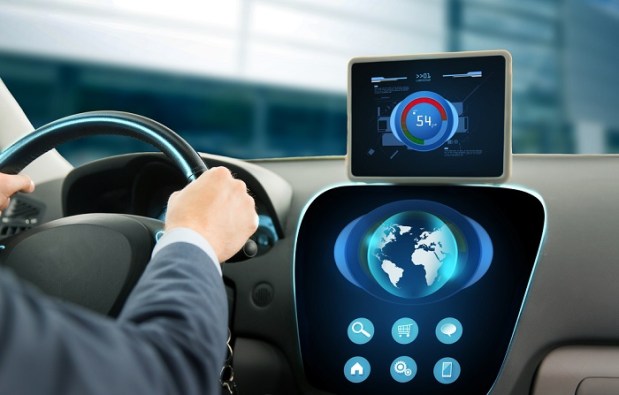FBI Warns Of Increased Vehicle Hacking Vulnerability

There are plenty of people with incredibly powerful smartphones in their pockets who all too easily pooh-pooh the idea of driverless or connected cars soon ruling the roads. However, if the Federal Bureau of Investigation is to be believed, that future — as well as the critical threats to its safety and survival — are all too real.
The FBI, along with the Department of Transportation and the U.S. National Highway Traffic Safety Administration, released a public service announcement on Thursday (March 17) explaining the increasing prevalence and sophistication of hackers targeting connected cars. The organizations cited not only the expected increase in the number of vehicles that rely heavily on computer systems for control, acceleration and everything else once handled by human chauffeurs but also the increasing number of entry points that hackers are afforded by the veritable eruption in the way customers jack into the Matrix around them.
“Vulnerabilities may exist within a vehicle’s wireless communication functions, within a mobile device — such as a cellular phone or tablet connected to the vehicle via USB, Bluetooth or Wi-Fi — or within a third-party device connected through a vehicle diagnostic port,” the FBI explained. “In these cases, it may be possible for an attacker to remotely exploit these vulnerabilities and gain access to the vehicle’s controller network or to data stored on the vehicle. Although vulnerabilities may not always result in an attacker being able to access all parts of the system, the safety risk to consumers could increase significantly if the access involves the ability to manipulate critical vehicle control systems.”
The FBI made mention of the now-infamous hacker pair of Charlie Miller and Chris Valasek and their successful forced entry into the computer of several current market vehicles. Though only a controlled test, they managed to affect critical operations, like engine power, brakes and steering, while cars were under 10 miles per hour, and things like door locks, turn signals and even the radio at any speed.
In short, the government is finally getting serious about backseat drivers.
